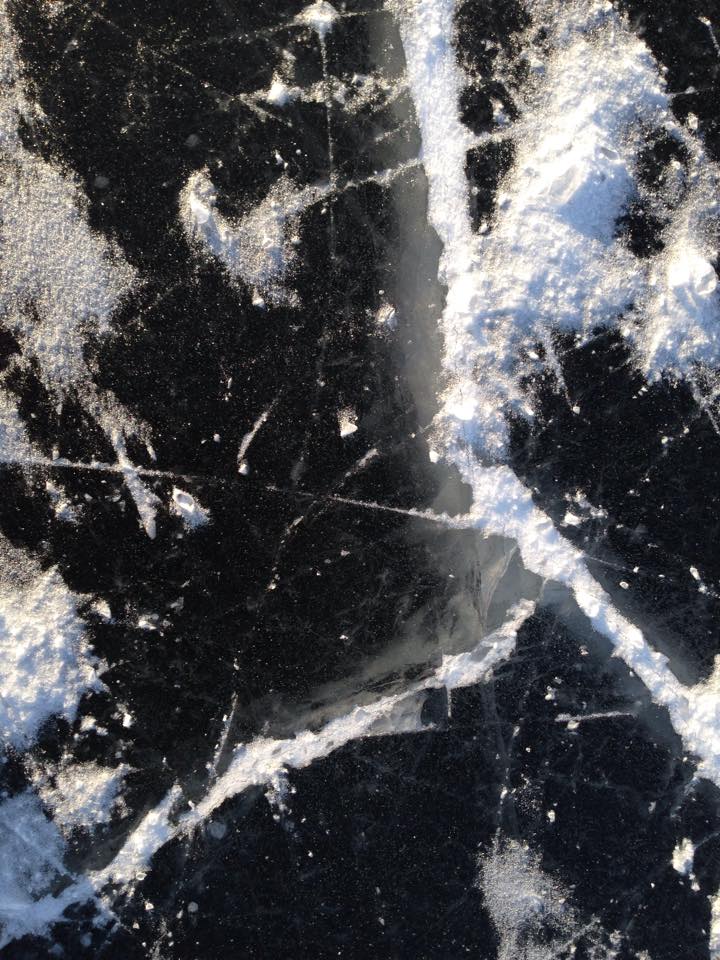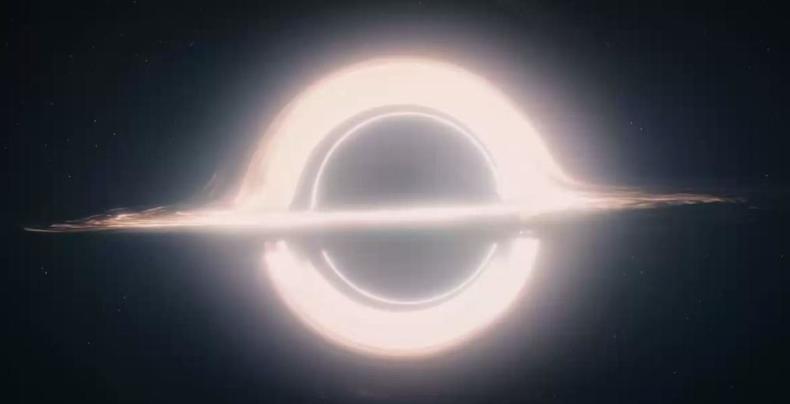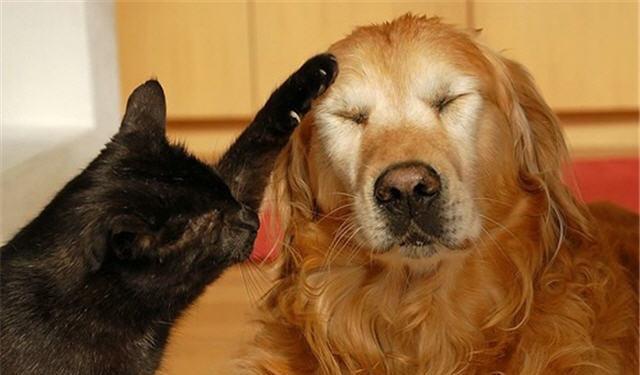
“Go on, get ‘em!” is what I could have sworn he said to his dog.
And get us he did. I don’t remember what kind of dog it was, but the key factor here is that the dog was heavy.
I was on assignment, the second year in my job for Up Here magazine, and I was to profile a nice couple living on one of the floating houses that dot the shores of Great Slave Lake, the deepest lake in North America. The ice having recently come off the lake, this was my first time in a canoe all season. Except in its shallowest and most sheltered bays, “the Big Lake” never gets anywhere near what one would call warm.
My photographer was in the bow, while I manned the stern and got distracted navigating a maze of floating platforms. There was some anxiety around this assignment, because the woman of the couple worked for the Catholic School Board and didn’t want to get in trouble for publicizing that fact that she lived with her boyfriend.
So when the hefty paws thudded onto our starboard gunwhale and began to scrabble, it took me a while to process what was happening. We flipped. I don’t remember a splash, so much. I was just vaguely reaching out as if the surface of the water could prop me up while I righted the bucking canoe.
GASP. I have never felt such paralyzing shock. My wheezing lungs felt like they were up around my collarbone and fighting for oxygen. My chest had a will of its own, working in and out whether I wanted to hold my breath or not. I was making little honking sounds. My relatively strong swimming skills seemed to count for nothing. Two months pregnant, I felt sure I would miscarry. Continue reading →






 The other day, as our kids played around a big, messy tree–one with patchy bark and drooping sickle-shaped leaves–a friend told me she was going to show me a picture of a eucalyptus she knew I would love.
The other day, as our kids played around a big, messy tree–one with patchy bark and drooping sickle-shaped leaves–a friend told me she was going to show me a picture of a eucalyptus she knew I would love.
